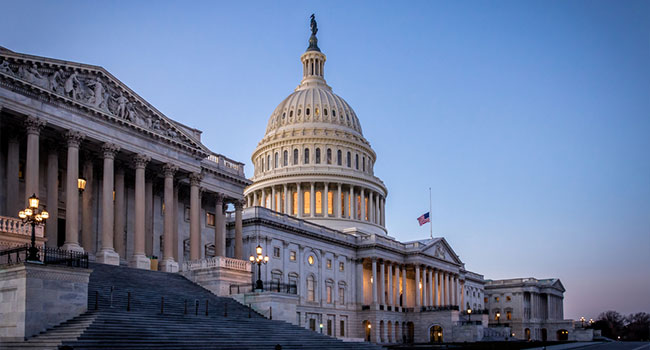
New Senate Bill Would Place Moratorium on Federal Use of Facial Recognition
Two Democratic senators want to temporarily pause the government’s use of facial recognition technology while a commission develops regulations.
- By Haley Samsel
- Feb 14, 2020
A pair of Democratic senators have introduced legislation to temporarily pause the federal government’s use and purchase of facial recognition technology until Congress passes regulations.
Sens. Cory Booker (N.J.) and Jeff Merkley (Ore.) announced the move on Wednesday, reflecting a growing movement to regulate and even ban the use of facial recognition technology by law enforcement, government agencies like Customs and Border Protection and private corporations.
Under the Ethical Use of Facial Recognition Act, state and local governments would be prohibited from using federal funds to purchase or use the technology. In addition, a commission would be created to provide recommendations about potential regulations to Congress within 18 months of the bill’s passage.
“Facial recognition technology is both a powerful and a problematic new frontier,” Merkley said in a statement. “Before this unregulated market becomes too big to tame, Congress needs to put a moratorium on federal use of facial recognition while we develop responsible and ethical guidelines for its use going forward.”
The senators echoed concerns by civil liberties advocates that facial recognition could be an invasion of Americans’ privacy as well as a threat to people of color, who are more likely to be misidentified by algorithms than white people.
A December report by the National Institute of Standards and Technology, a federal agency, found that a majority of facial recognition systems used in the U.S. are more inaccurate for people of color than white people. In the study, Native Americans had the highest rates of false positives, while African-American women were most likely to be misidentified in a law enforcement database.
Read More: House Homeland Security Committee Chairman Expresses Opposition To Moratorium on Facial Recognition
Booker, who has previously introduced legislation to ban the technology from public housing, said in a statement that without proper oversight, facial recognition poses a “serious risk” to privacy and safety.
“Facial recognition technology has been demonstrated to be often inaccurate--misidentifying and disproportionately targeting women and people of color,” Booker said. “To protect consumer privacy and safety, Congress must work to set the rules of the road for responsible uses of this technology by the federal government.”
Cities across the U.S. have adopted ordinances banning the use of the software by local law enforcement and government agencies, including San Francisco and Oakland in California and several smaller communities in Massachusetts. Many of those efforts were led by privacy and civil liberties groups, particularly the American Civil Liberties Union.
In letters to Congress last year, security companies and law enforcement groups called for regulation over implementing an outright ban. But that has not stopped advocacy groups from demanding bans rather than temporary moratoriums.
On Thursday, Fight for the Future, a privacy rights group, criticized Merkley for not consulting with them before releasing the legislation.
“It’s great to see lawmakers engaging on #facialrecognition, but we don’t need legislation that speeds us toward weak regulations,” the group tweeted. “We need to #BanFacialRecognition.”